When Web3 and Education Collide

Despite broad agreement about the importance of education, access to quality systems of learning remains uneven, a gaping problem across most of the world. Though there is no panacea to solve educational inequity, the tools of Web3 can help communities design alternatives, increase access to knowledge, and empower learners.
This post will explore some of the ways in which Web3 can break down barriers to meaningful, life-enhancing education.
DAOs for Teachers and Scholars
Intentionally designing systems so all participants have a say in governance, share resources more equitably, and coordinate on common goals: these can be encoded into the fabric of an organization, in order to help solve tricky accessibility issues that people might face when they seek educational access.
Decentralized autonomous organizations (DAOs) could be a useful framework for peer-to-peer, permissionless learning. That's because DAOs have the ability to unite teachers, students, and administration in governance decisions. How fees are allocated, the way curricula are designed, and where learning takes place–all this can be organized differently, and subject to governance by all members of the community.
Already, there are promising experimental efforts in co-creating communities of learning. Crypto, Culture & Society pioneered the concept of a “Learning DAO.” They are a group of technologists, builders, educators, and lifelong learners on a mission to build a liberal arts Web3 school. And such a school exists! The Global Centre for Advanced Studies is a global, decentralized, debt-free accredited college, co-owned by faculty and staff, and represented on-chain by a token.
Other initiatives are creating new kinds of educational communities. Developer DAO consists of over 5,000 members who participate, learn, and contribute to the future of Web3. Surgewomen is a women-first community that emphasizes education and finding jobs in Web3.
In theory, these experiments are exciting. But what about the costs to participate in and maintain a community of learners and teachers?
Redesigning Funding Frameworks With DeFi
The growing financialization and cost of accessing education proves difficult for people who are unable to get loans, or have unequal access to liquidity from centralized banks. But with new resources unlocked by DeFi, sponsorships, scholarships, and loans have the possibility of becoming more accessible to everyone, regardless of geography.
Suppose a school treasury is the sum of contributions by people interested in a learning community. Students could draw from the treasury for a loan, and repay it with interest back into the treasury itself. Participating in the community captures value that would otherwise be lost to third parties.
Or schools could design community-centric economies, and adopt tokens that represent their community. Educational progress and work would be tracked on the blockchain. Students could earn and claim tokens that represent learning bounties, working toward paying off tuition without needing to take out loans.
Projects like Edverse, built #onPolygon, create “learn to earn” environments, where students can immerse themselves in any number of subject areas, and teachers can apply to hold courses. Progress is credentialed and distributed as NFTs on the blockchain.
Tracking Credentials in an Interconnected World
Recordkeeping across institutions of education varies widely not only across the world, but from one local region to another. On-chain credentials, with standardized buy-in across industries, is an opportunity to increase access for students in an interconnected world. By pointing to standardized credentials on the blockchain–earned, say, as an NFT in an institution of learning thousands of miles away from a place of work–students would have the ability to make their skills and efforts recognized by more institutions.
Institutions like Maharastra state board and IITK have kickstarted Web3 adoption by offering verifiable digital degrees. The more institutions that decide to adopt on-chain credentialing, the more graduates would be able to move, breaking down barriers of access by helping to create more freedom of movement across borders and becuracies.
Getting Started With Education #onPolygon
Breaking down the complexities of Web3 is important to building a future we want to see. It’s important to explain how Web3 works to broader segments and stakeholders across societies and industries if we are building a new web that is more transparent, with better systems of ownership, and more accessibility–where creators capture more of the value they make.
Web3 University is one such initiative to onramp the next generation of talent to Web3. And Polygon is pioneering education, too, for the next wave of Web3 builders, developers, creators, and enthusiasts.
Ready to learn?
Look for a local Polygon Guild near you, or spin up your own, to meet other Polygon and Web3 builders in your community. Or tune into our Polygon Pod for engaging conversations and deep dives about the future of Web3.
Reach out to us to learn more about how your community or business can leverage the power of blockchains, and stay tuned to our blog, join our Discord, and follow us on our social media handles for the best learning opportunities.
Let’s bring the world to Ethereum!
Website | Twitter | Ecosystem Twitter | Developer Twitter | Studios Twitter | Telegram | Reddit | Discord | Instagram | Facebook | LinkedIn



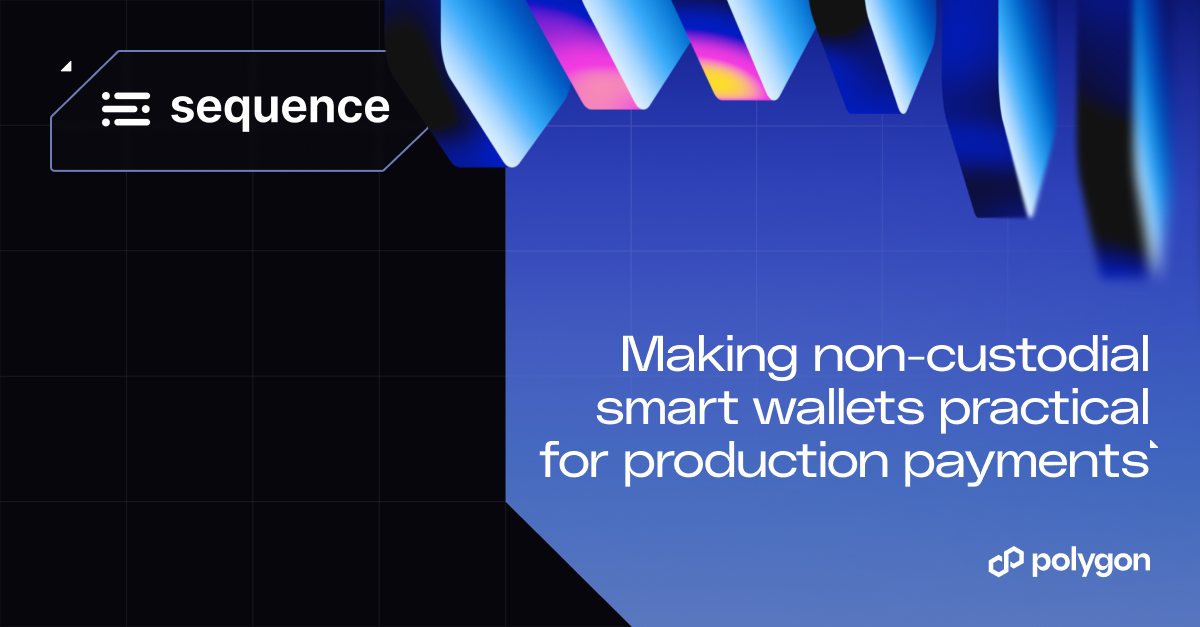


.jpg)
.jpg)
.png)

.png)

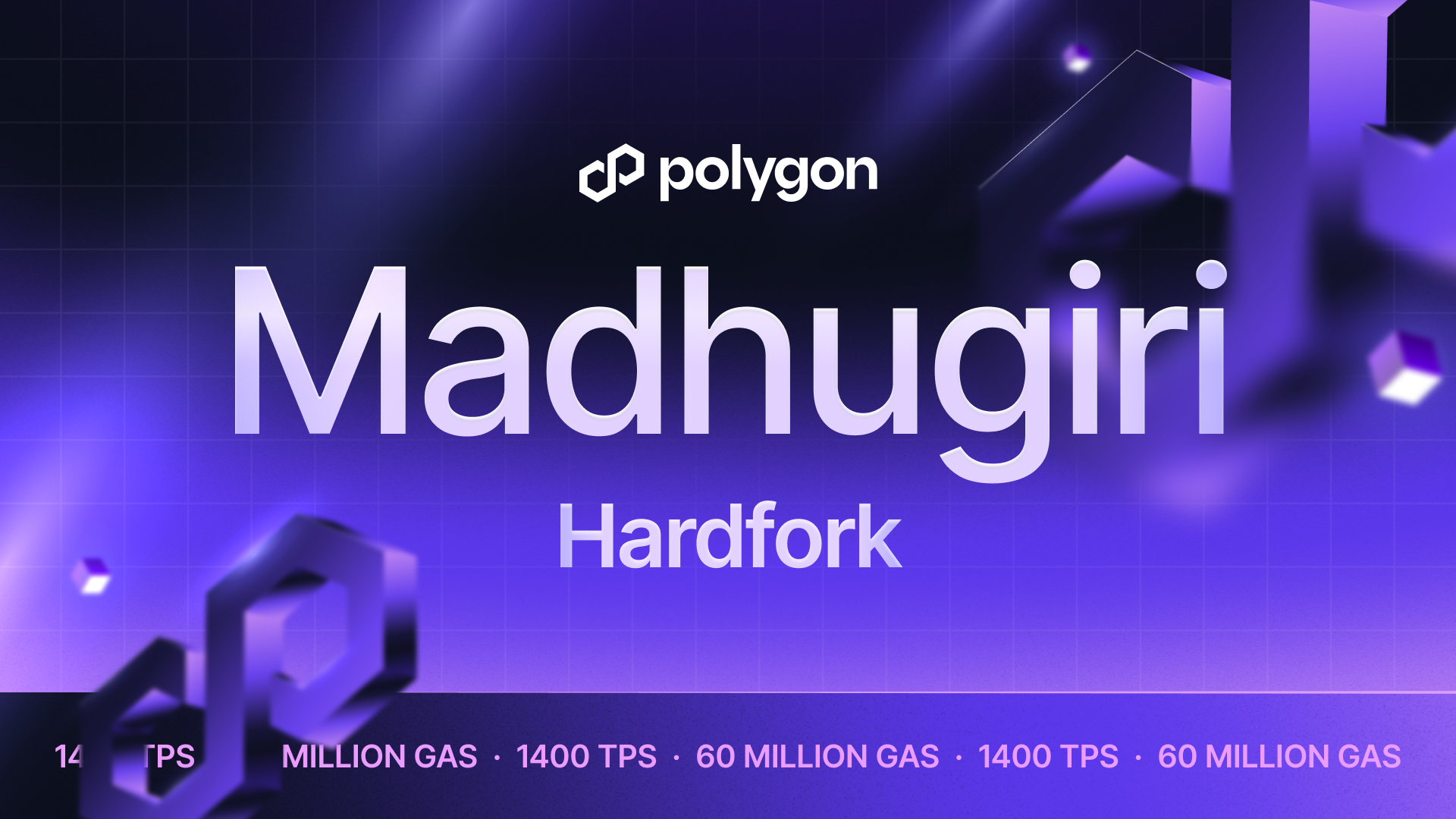
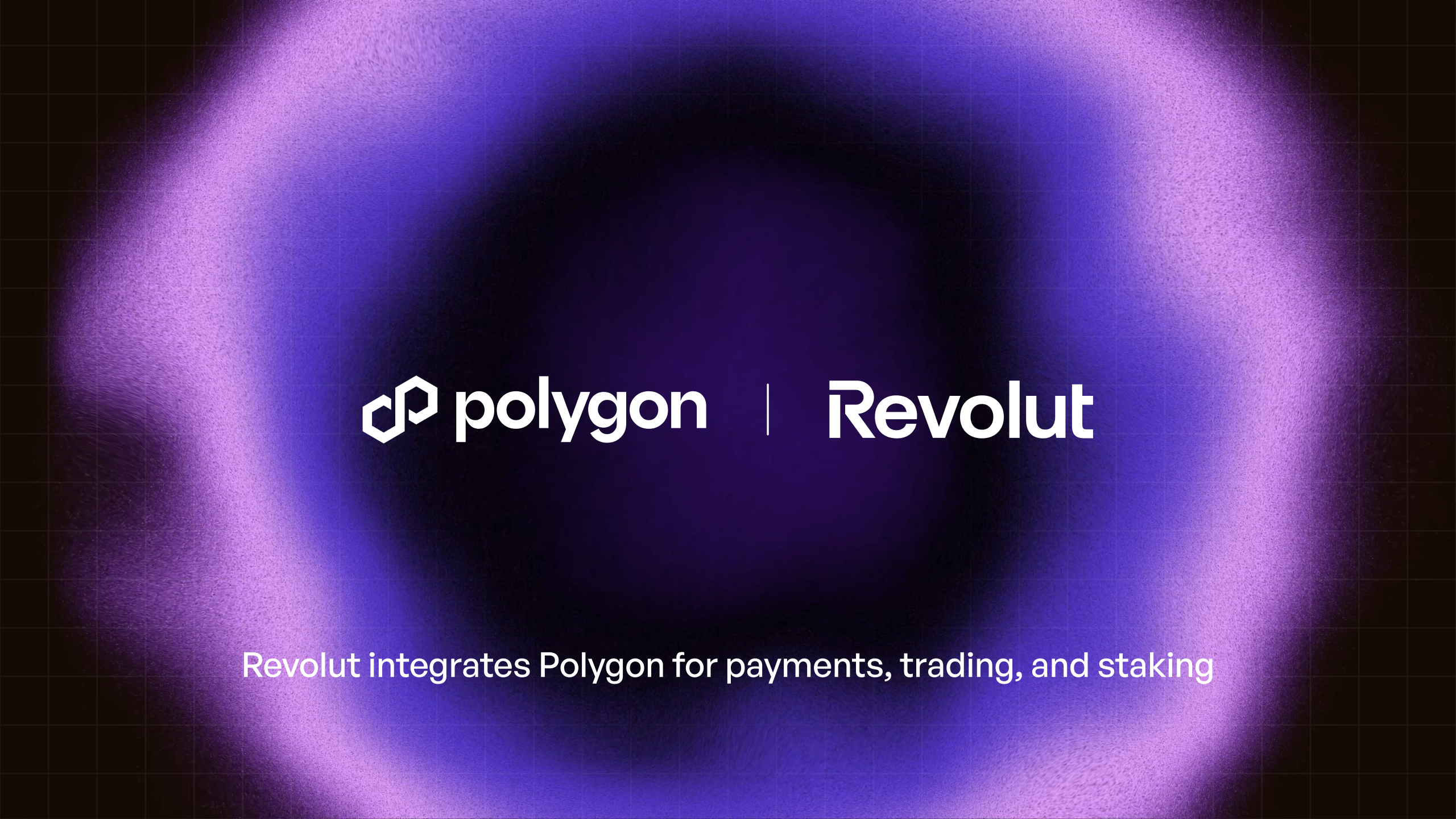
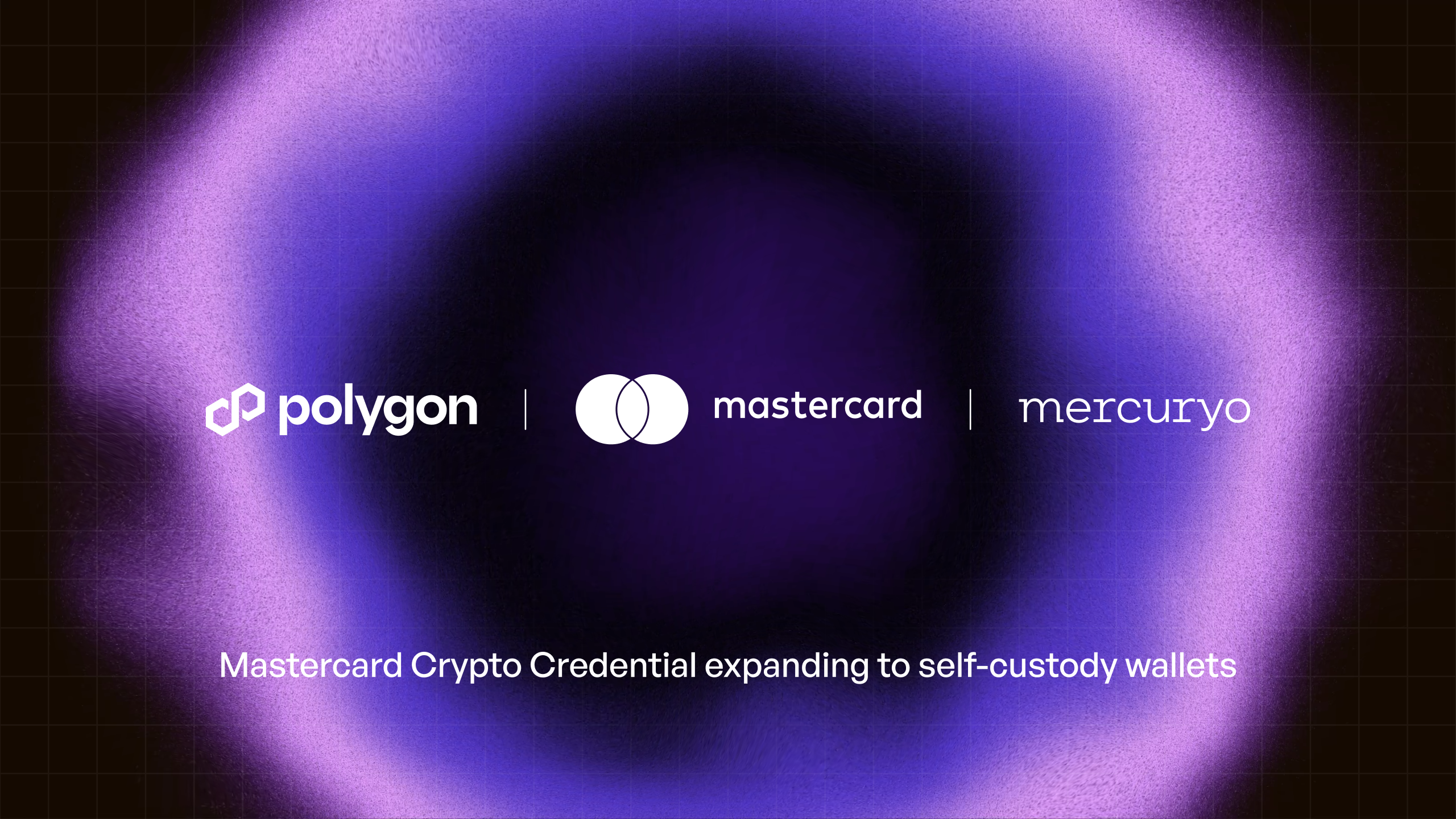
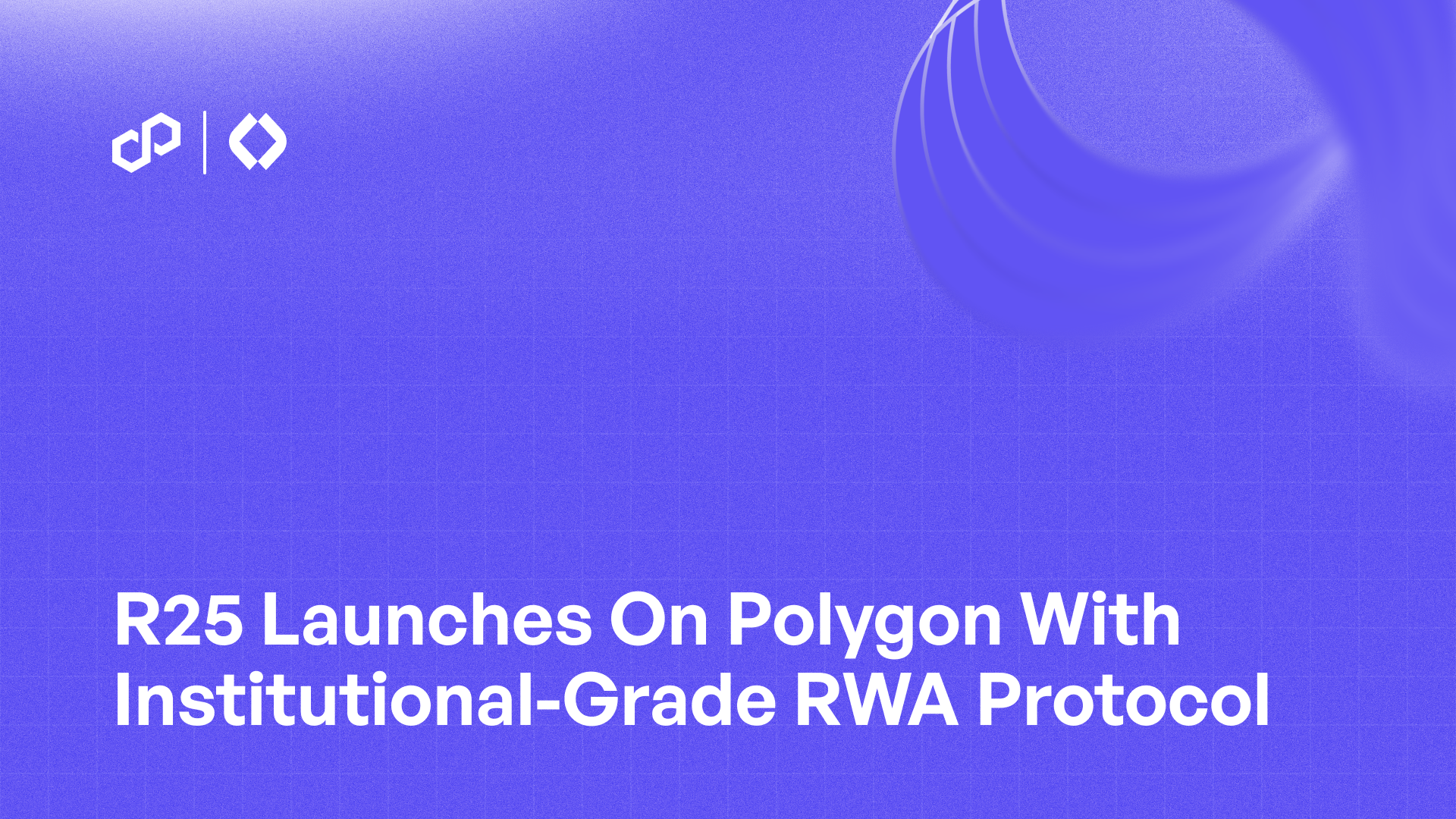
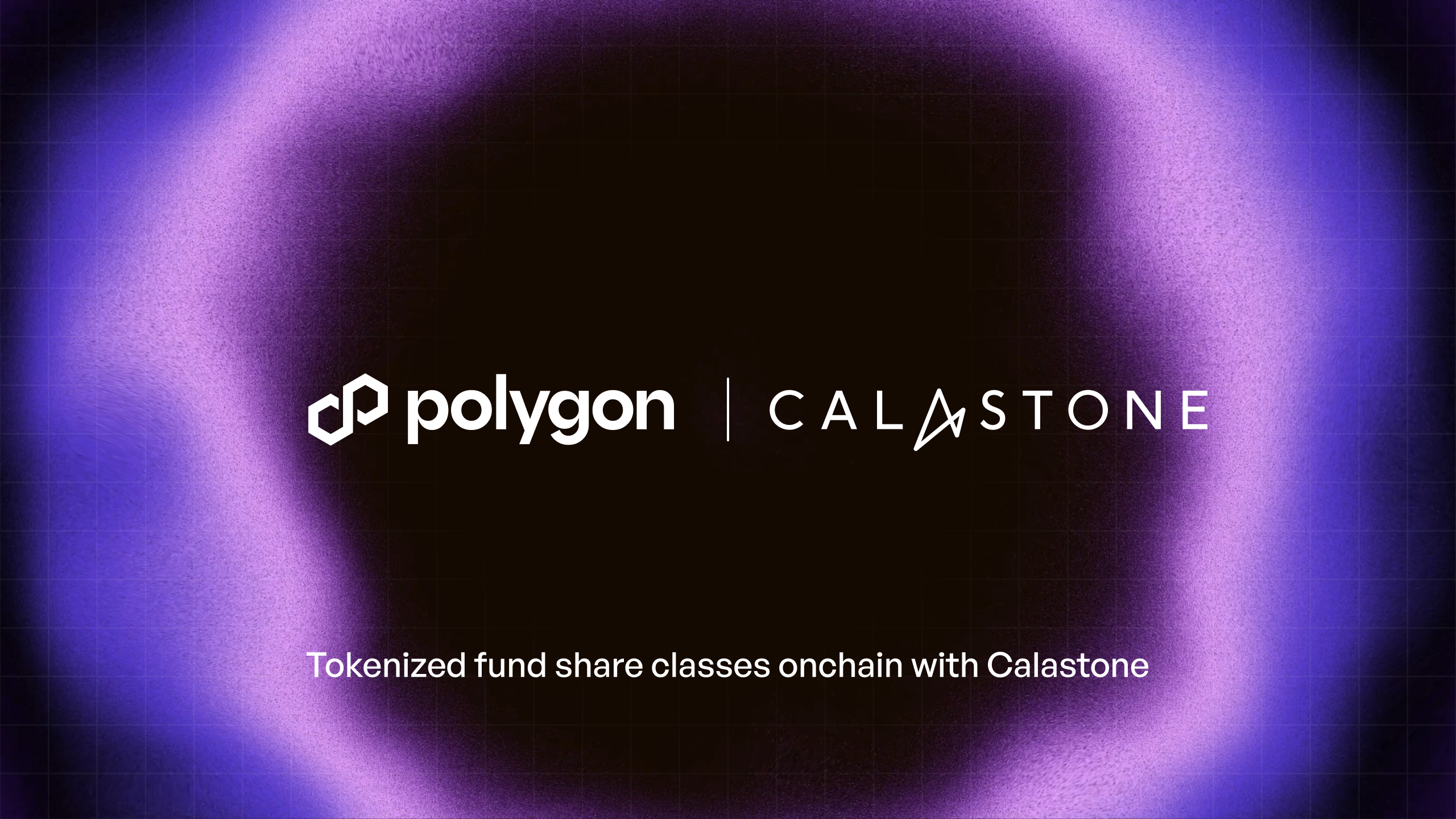
%20(1).png)